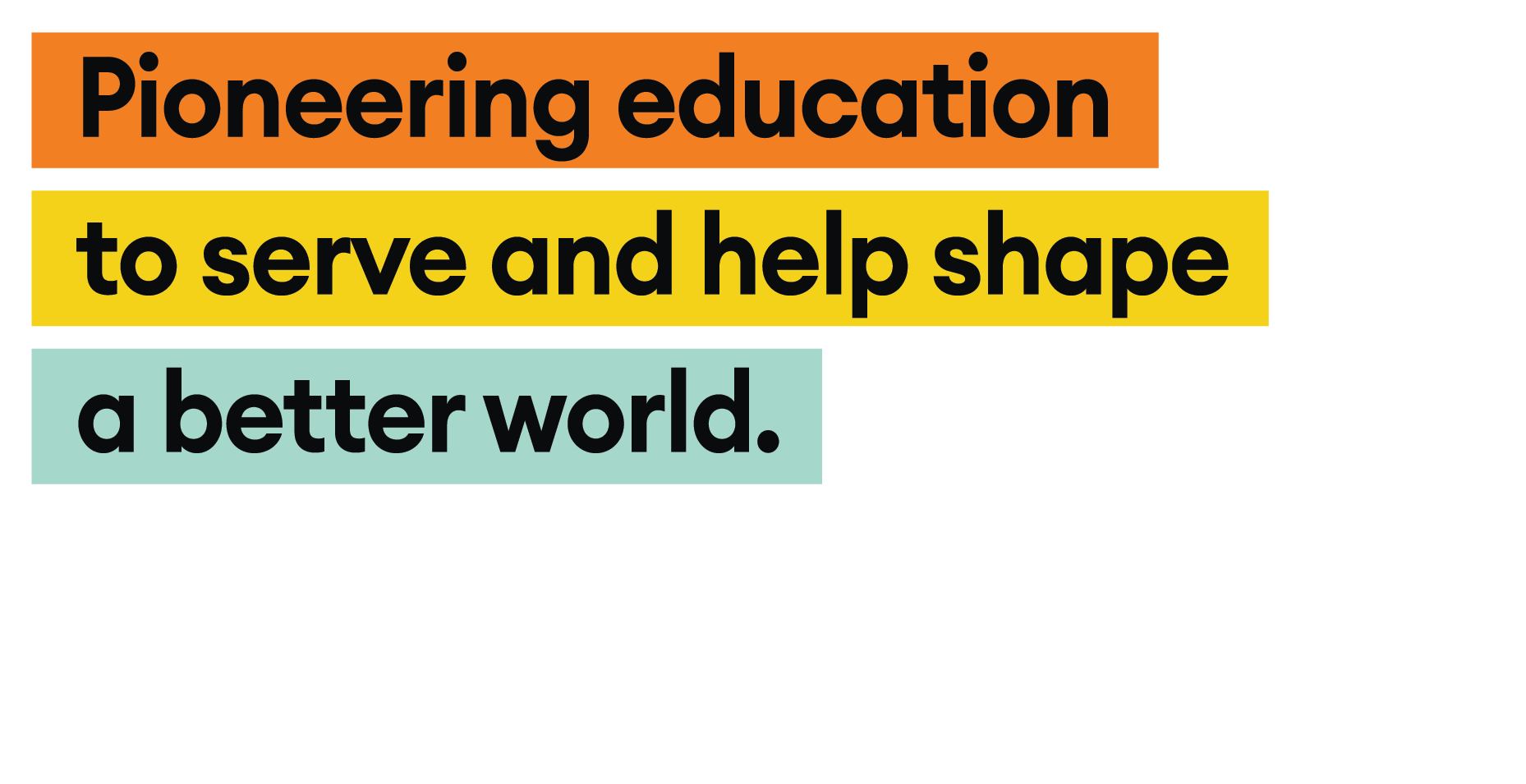Educational Insights | Learning Mathematics in Early Years

Ms Melody Yuan
Year 1 Teacher / Mathematics Curriculum Lead
Mathematics is often thought of as a subject that deals solely with numbers and calculations. However, in early years education, mathematics encompasses much more than just these concepts.
In fact, mathematics in early years is about developing a child’s ability to reason, problem solve, and think critically. It is about developing a child’s spatial awareness, measurement skills, and understanding of patterns and relationships. The main purpose of early mathematics education is to cultivate children's interest in mathematics, improve mathematical literacy, and lay a foundation for future in-depth learning.
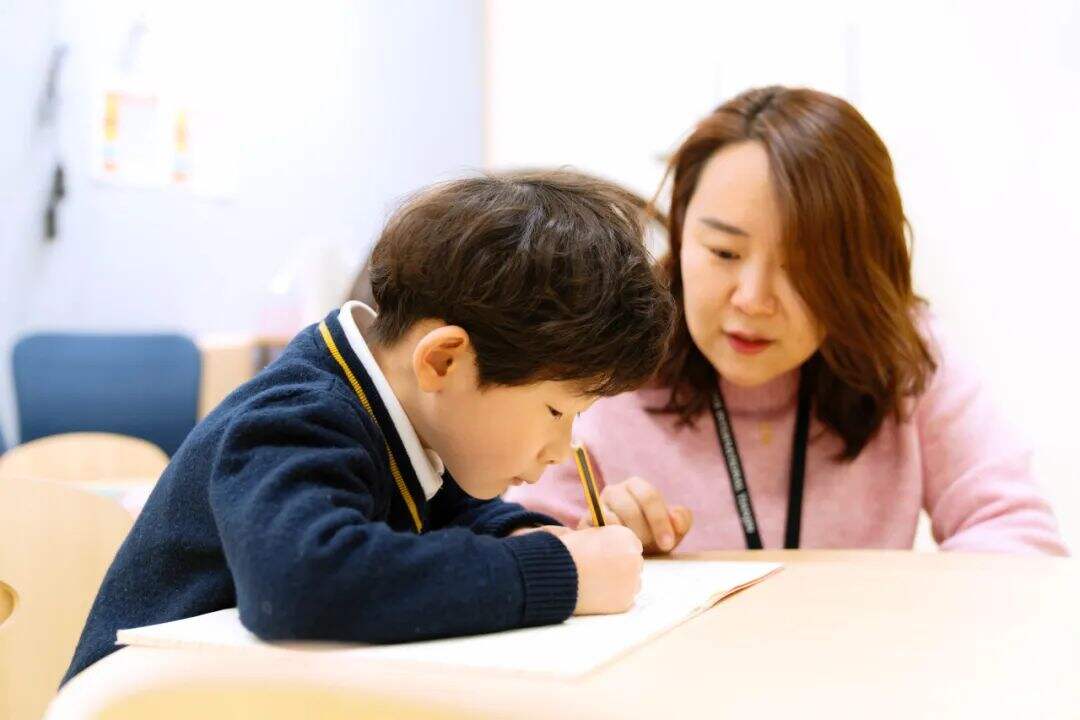
One important aspect of mathematics in early years is the development of spatial awareness. This involves understanding the position and orientation of objects in space. Spatial awareness is crucial for a child’s development as it helps them to navigate their environment, make sense of maps and diagrams, and understand the relationships between objects.
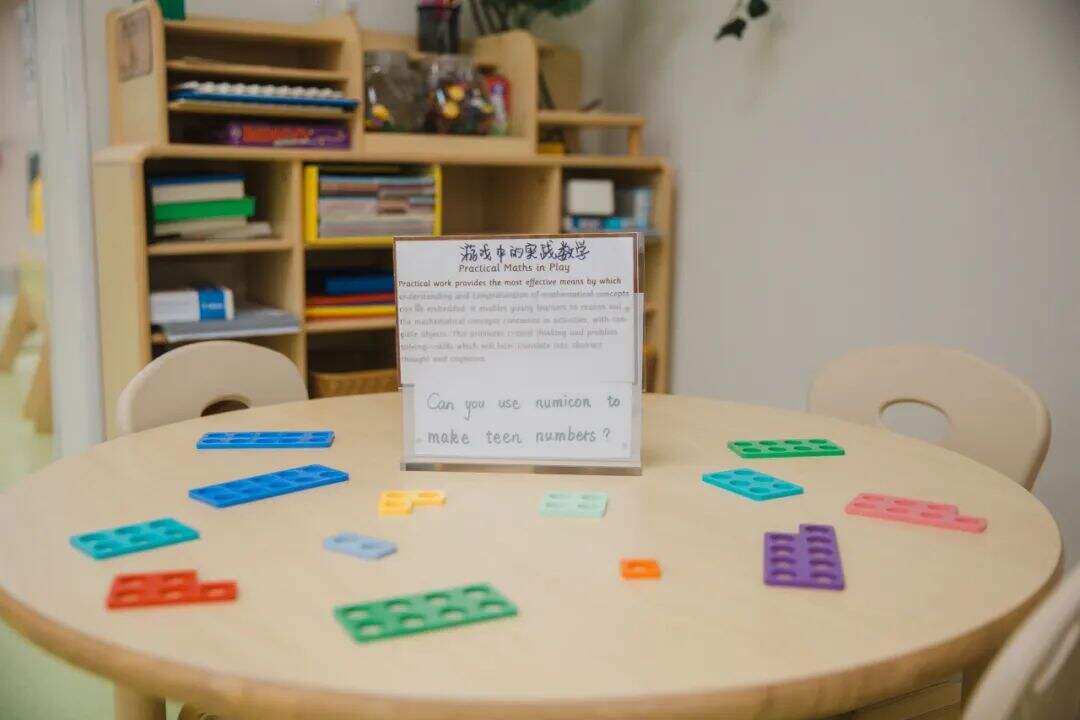
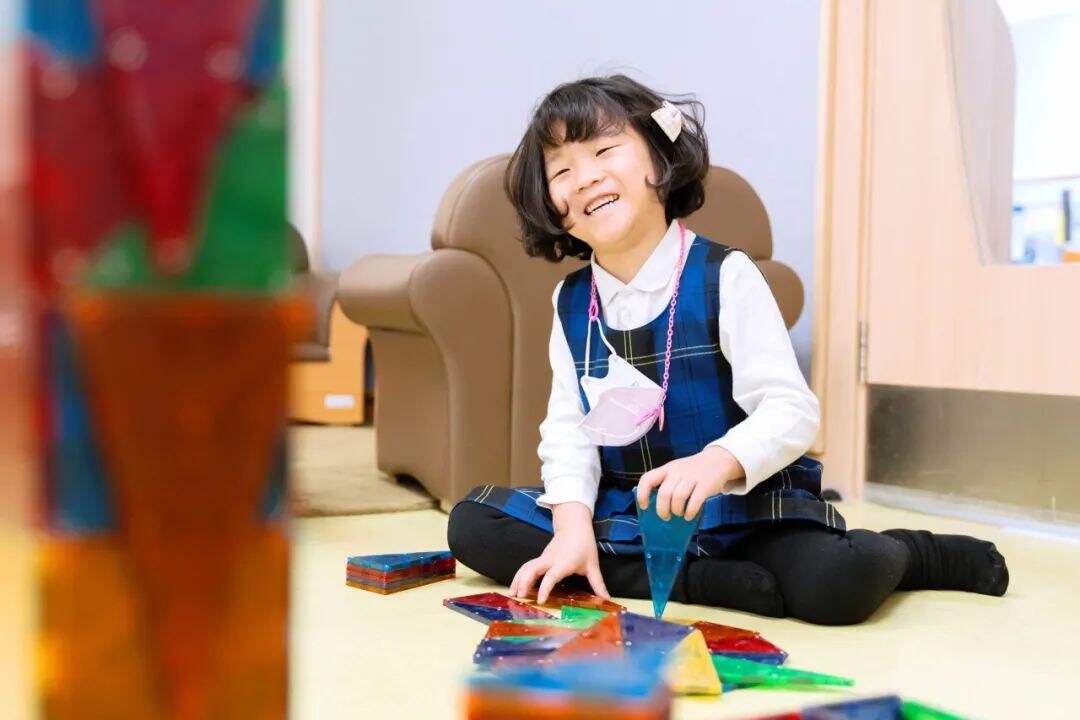

Another important aspect of mathematics in early years is measurement. This involves understanding the concepts of length, weight, volume, and time. Measurement is important for a child’s development as it helps them to make comparisons, estimate, and understand the relationship between different units of measurement.
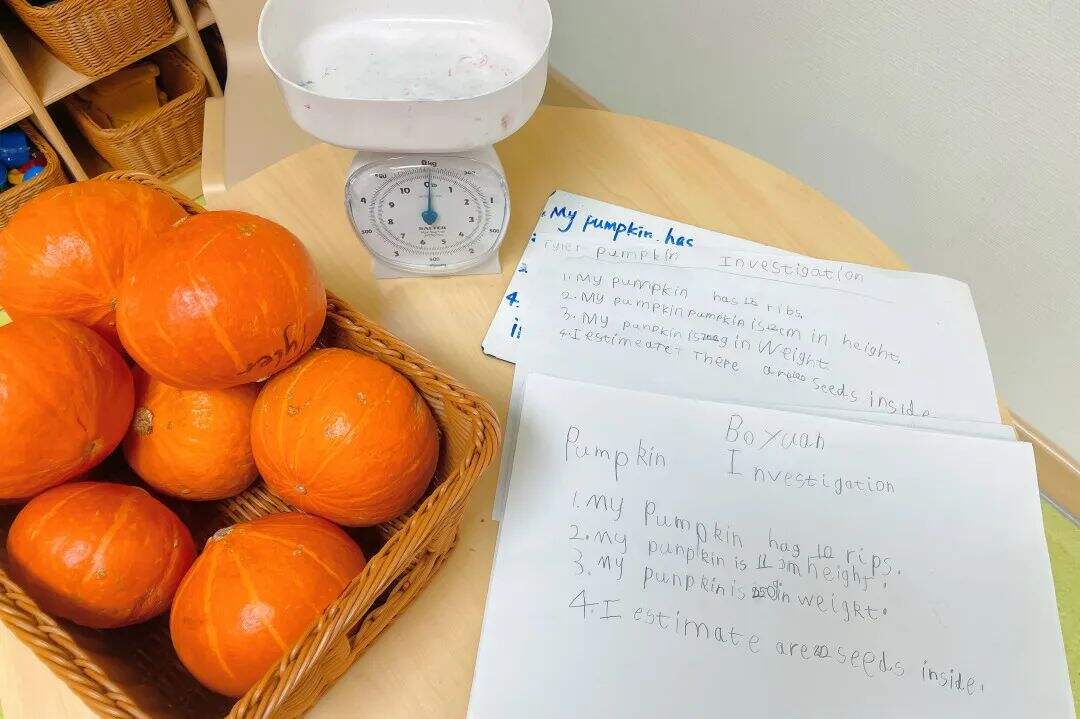


Understanding patterns and relationships is also a key aspect of mathematics in early years. This involves recognising and creating patterns, understanding sequences, and making connections between different concepts. This is important for a child’s development as it helps them to understand the world around them and make predictions about what might happen next.
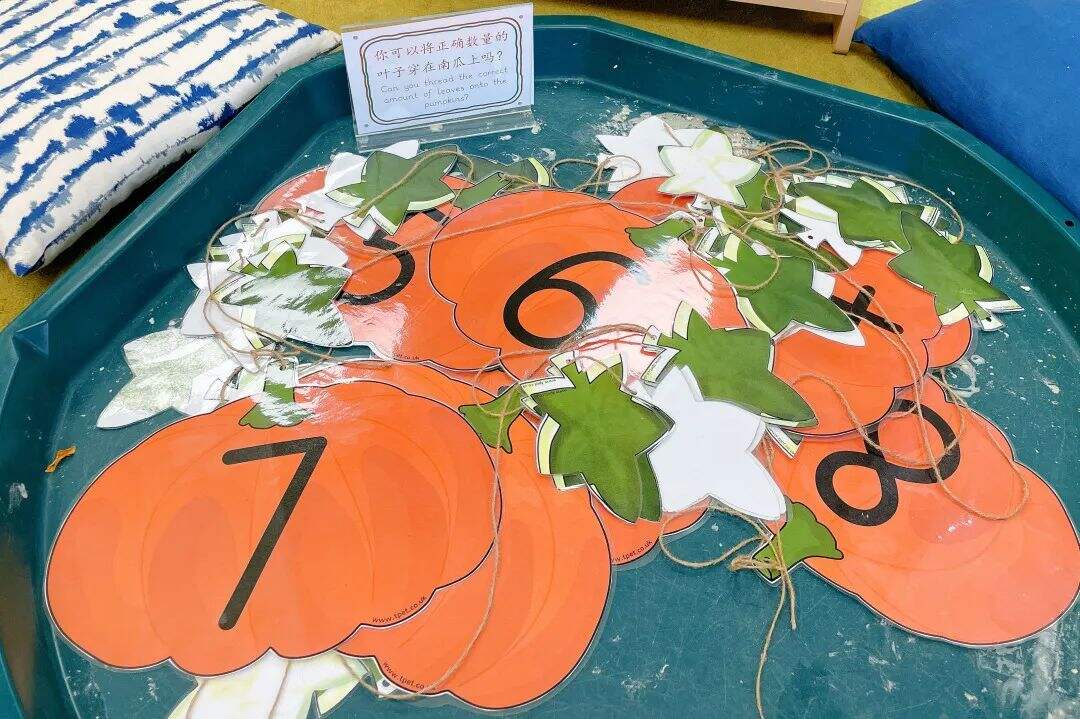


In conclusion, mathematics in early years is about much more than just numbers. It is about developing a child’s ability to reason, problem-solve, and think critically. It is about developing their spatial awareness, measurement skills, and understanding of patterns and relationships. By focusing on these aspects of mathematics, we can help children develop the skills they need to succeed in school and life.
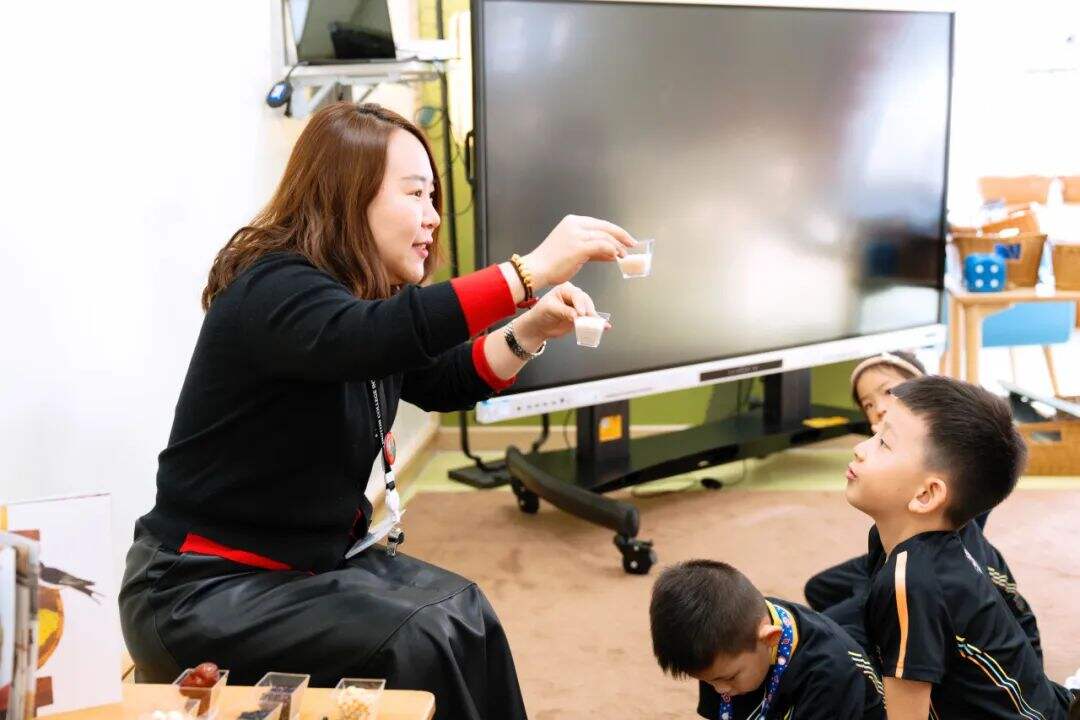
Related Articles








 Channel
Channel 
 Linkedin
Linkedin  Weibo
Weibo  Facebook
Facebook  Ins
Ins 







